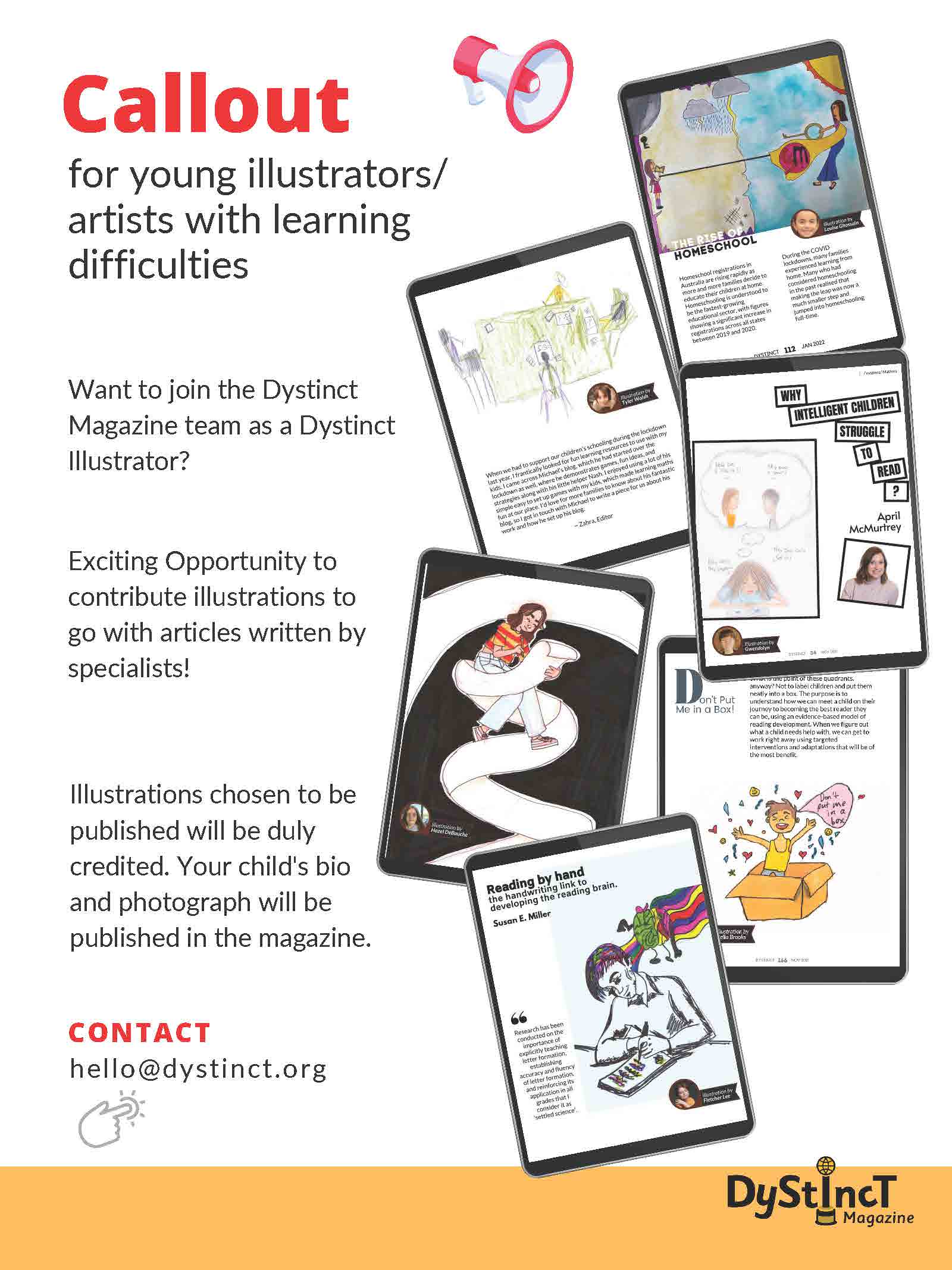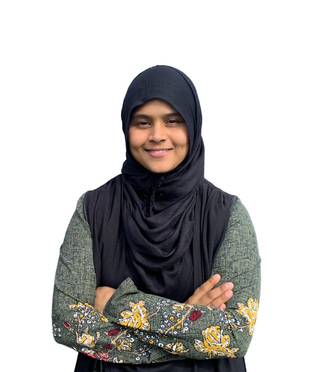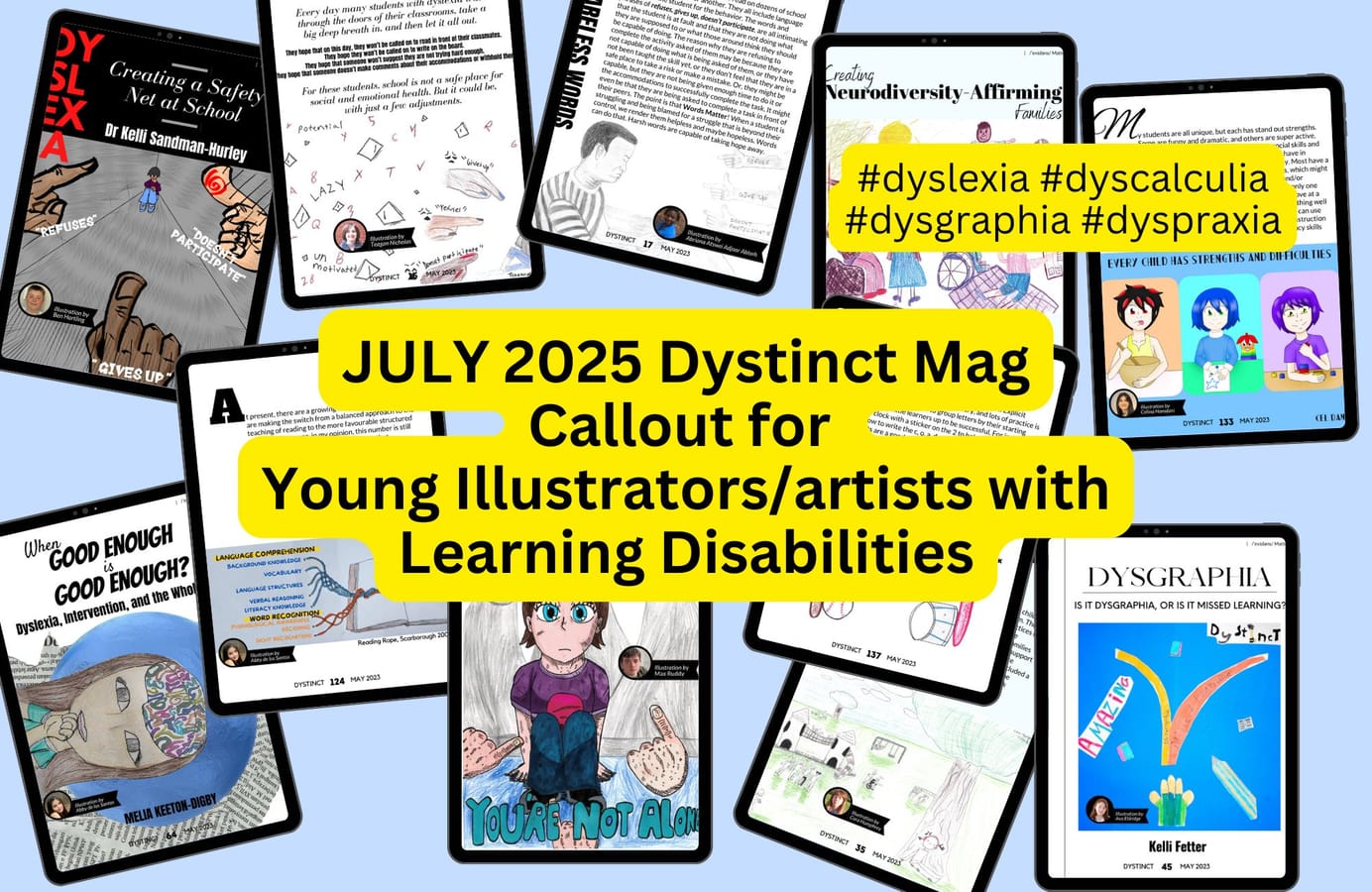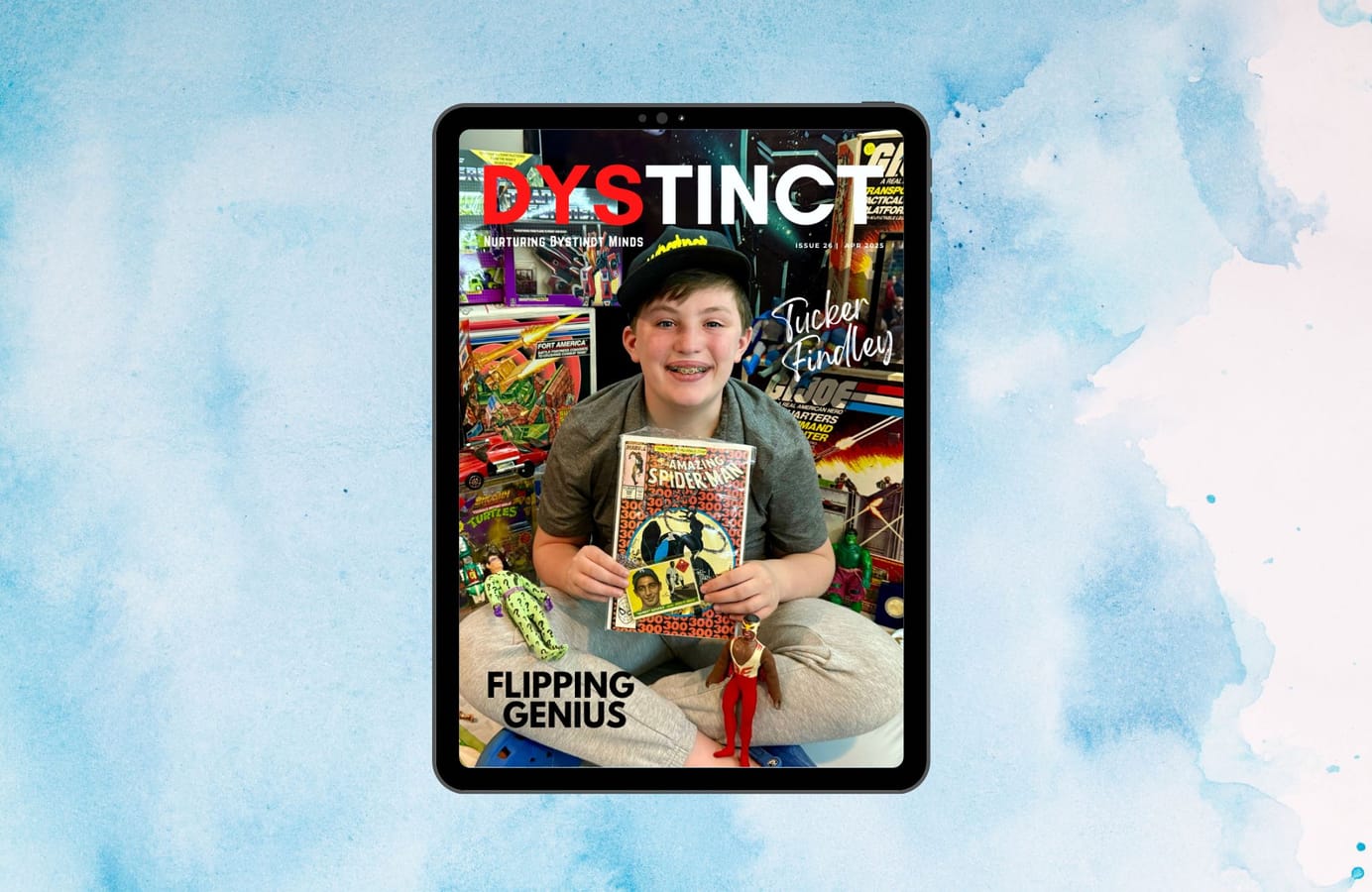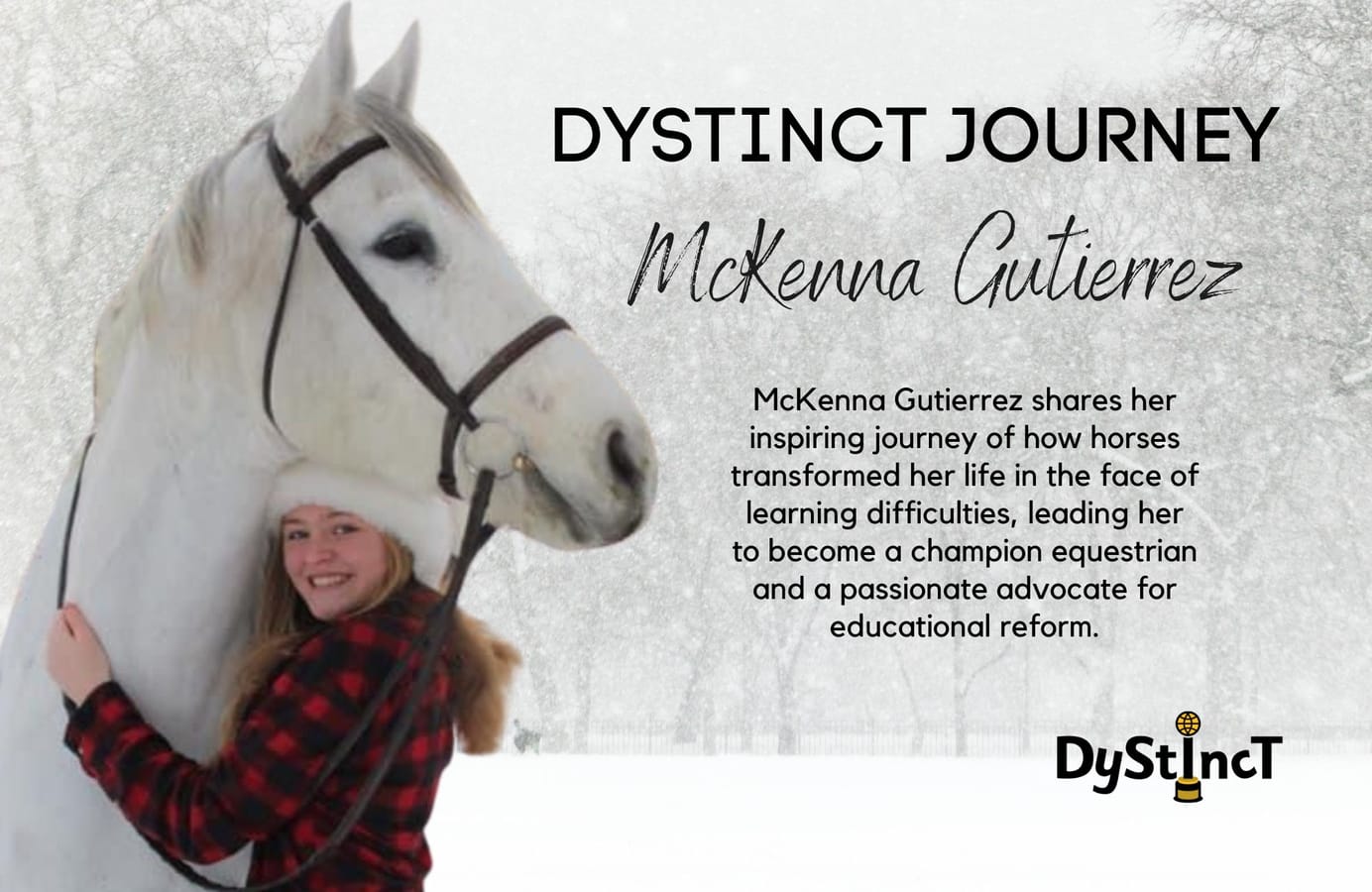
Issue 21: Dystinct Journey of McKenna Gutierrez
McKenna Gutierrez shares her inspiring journey of how horses transformed her life in the face of learning difficulties, leading her to become a champion equestrian and a passionate advocate for educational reform.
Table of Contents
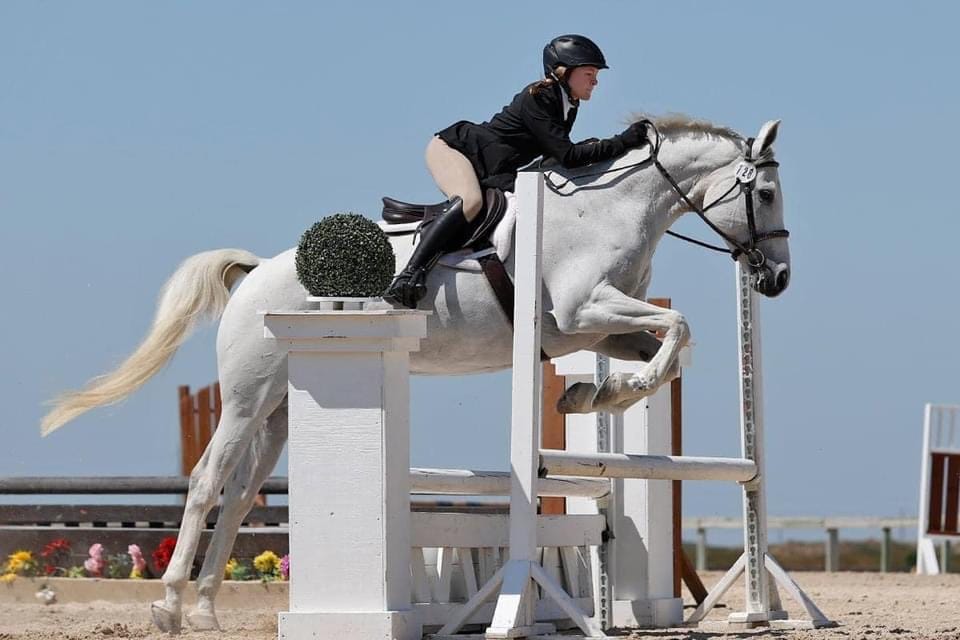
McKenna's Dystinct Journey
McKenna's Dystinct Journey
McKenna spent much of her early years trying hard to keep pace with her peers, often blaming herself when things didn't go well. She often questioned her self-worth, wondering why she should even bother trying if she couldn't succeed. "I felt like it was all my fault," she admits. "I was ready to give up — I felt stupid." The mainstream school she attended didn't seem to have the necessary tools and interventions to support her unique learning needs. "School was very challenging for me," McKenna recalls, echoing the sentiments of frustration and confusion that made up much of her formative years. "I often had to work extra hard to keep up with the other students. I never understood what was wrong with me and why it was so difficult for me. I would often hide my test results with my eraser so others couldn't see. Reading was slow and very challenging. I now understand about the cognitive load which, due to my difficulties, was overloaded as I was not provided with the right intervention to support my learning."
She admits that she had many well-meaning but misguided teachers along the way who didn't know how to help her or were unwilling to change their old ways and learn how to help her using evidence-based interventions. All the school had to offer was Reading Recovery; however, once the program was completed, she had only managed to memorise the words and could not decode new or complex words as she was never explicitly taught the code.
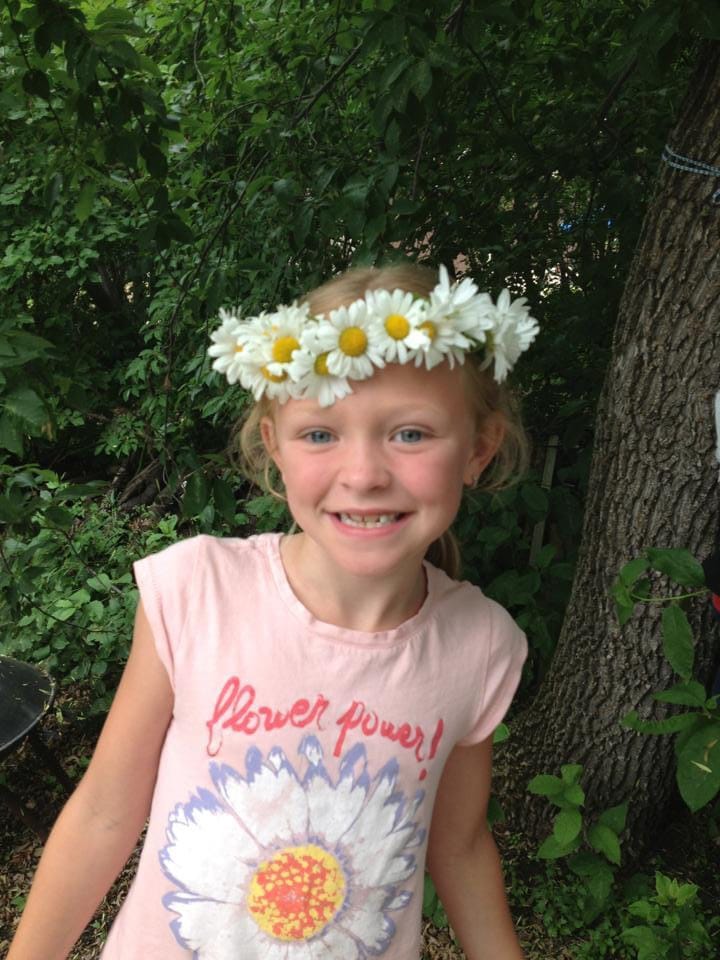
By grade 6, it was evident to McKenna's mother, Karla Guiterrez, a Speech Language Pathologist, that the school's lack of support had left McKenna in urgent need of assessment and intervention. Karla discovered that McKenna's reading, writing, and math skills were at a grade 2 level across the board. However, despite this, McKenna was being awarded 3s and 4s on her report card, with 4s being the top score, leading Karla to question the school system. Despite this pressing need, the school was unwilling to assist, prompting them to seek a private assessment at their own expense.
She now knew that she was not dumb and that she was an amazing young girl with so much potential.
The diagnosis confirmed what Karla knew deep down: McKenna had a learning difficulty. Despite the challenges she faced in school, Karla always saw McKenna's intelligence and unique problem-solving abilities. "McKenna is so smart and a real out-of-the-box thinker," Karla recalls. "She is extremely creative and amazing at problem-solving. She is very thoughtful and conscientious of others." With the diagnosis in hand, Karla felt validated and hopeful that the school would finally provide the support McKenna needed. Armed with a psychological assessment stating McKenna required direct and explicit intervention for phonics and orthographic mapping in literacy and numeracy, Karla advocated for her daughter's needs. McKenna, too, felt a sense of relief and clarity after receiving the diagnosis. "She now knew that she was not dumb and that she was an amazing young girl with so much potential," Karla explains. She assured McKenna that the lack of appropriate interventions was not her fault and that she had never been given the opportunity to respond to evidence-based interventions that could help her succeed in reading, writing, and understanding math.
Despite the diagnosis and the obvious need for intervention, the school system remained ill-equipped to support McKenna's learning needs. Hoping for a fresh start, they enrolled McKenna in a private English school, aiming that the move to a single-language environment, as opposed to the bilingual (French and English) setting she had previously experienced, might ease the challenges she faced.
When a child does not experience success in school, there is only so much they can take day in and day out with no progress.
However, they soon encountered familiar obstacles. "She is bright and articulate, but they did not have the correct interventions or the knowledge and understanding to help her. I was far more knowledgeable and knew what she needed," Karla laments. In meetings with school administrators, Karla expressed her concerns, questioning how they planned to support McKenna's academic success. "When a child does not experience success in school, there is only so much they can take day in and day out with no progress," she emphasises.
McKenna recalls one of her friends overhearing a teacher remark, "How am I supposed to help a student with dyslexia?" In Math, she found herself at a grade 2 level but expected to meet grade 7 outcomes. She recounts a frustrating experience with a grade 7 math teacher who simply advised her to "wrestle with the concepts" and "be more independent," failing to provide the necessary support or interventions to address her learning gaps.
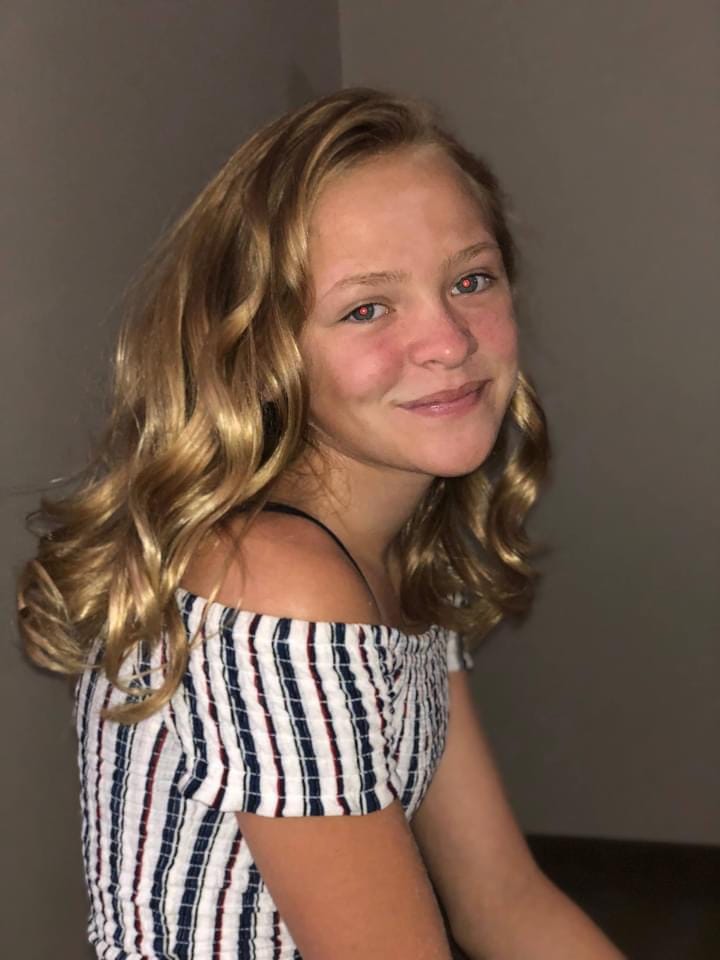
As her academic challenges persisted, they gradually seeped into McKenna's emotional well-being, triggering frequent bouts of anxiety. She found herself often complaining of an upset stomach, using it to avoid having to attend school. Eventually, her condition worsened to the point where she required counselling to address the negative self-talk and severe anxiety.
She was beginning to feel isolated, and the mere act of getting through each day felt like an uphill battle to young McKenna, who wanted nothing more than to fit in. "I was never a priority in school. I was struggling every day. I don't think people realise how lonely and isolating school can be. I was invited to work with other groups when I first moved to the new school. However, I would often say no and stay at my desk as I needed to work so much harder to get the work done that I could not be distracted by others. If you say 'no' enough times, then people will stop asking you to join their groups. I was also scared for them to see that I was struggling. Once people realise that you have to work harder or that you are just 'not that smart', you are always picked last or not at all. I was often alone, and it was very difficult. I also feel that due to the fact that I struggled so much, I did not have strong self-esteem; therefore, I was easy to pick on and did not have the energy or fight to stand up for myself. I would often spend lots of time alone at recess. It was easier that way."
Recognising the limitations of the traditional school system, Karla's fears for McKenna's future intensified with each passing day. Karla feared it would be too late for McKenna, so she decided to pull her out of mainstream school to homeschool her. "She had been in the mainstream school system, both public and private, since kindergarten, and I knew if I had left her in the school system, she would continue to struggle, make zero gains, increase her anxiety and be at risk for lifelong mental health struggles. Also, I realised that if they were unable to provide her with the correct interventions, she would continue to fall behind, and the gap would just become larger. They could impact her for the rest of her life and close doors to university," shares Karla.
They began their homeschooling journey with a period of "unschooling," a time of decompression and exploration to reignite McKenna's curiosity and love for learning. "In the school system, children are told what to do, when, and how," Karla notes. "We had to take some time to decompress and give her time to find joy in learning again." Karla attempted to offer McKenna a chance to learn on her own terms with trips to museums, art projects, and engaging presentations on topics of interest. As McKenna rediscovered her passion for learning, Karla devised a strategy to help her grade 7 child, who was performing at a grade 2 level. The plan forward was to prioritise interventions tailored to McKenna's specific learning needs. "She started working with Dr Valdine Bjornson from the Reading and Learning Clinic Canada. Our focus was on reading and math. For the other subjects, we did videos and audiobooks; however, after grade 4, we read to learn. Therefore, I needed to get her reading level up as soon as possible so she would be able to access the higher-level vocabulary. For math, we ordered a math program called Math U See. This was an excellent resource as it is visual and explicit and taught all the concepts. I had to go back to number sense as she wouldn't be able to do more complex problems or concepts if she did not have the building blocks. We had to build her foundation, which was missing. It took a few years to work on non-grade-level material. The focus was on interventions," shares Karla
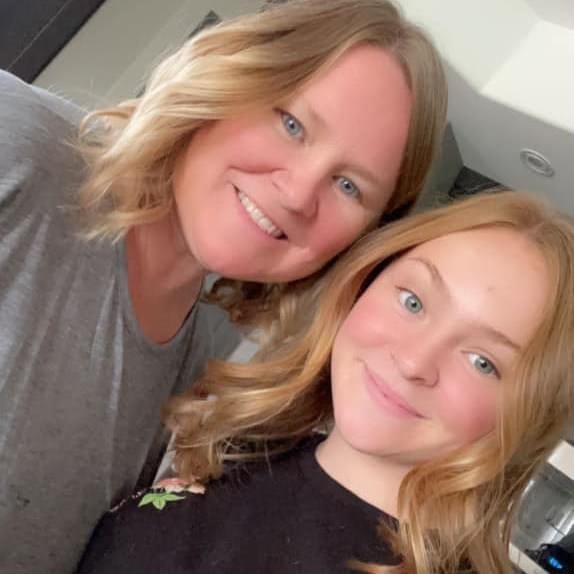
As McKenna diligently worked on catching up academically, Karla recognised the importance of finding an outlet where McKenna could experience success beyond the classroom. Remembering her own experiences as a horse rider, Karla encouraged McKenna to explore horse riding as a potential passion. Drawn to horses from an early age, McKenna had always felt a deep connection with these majestic animals. "I have always loved horses and feel that their relationship is healing," she reflects. With her characteristic determination, McKenna progressed rapidly in her riding lessons, soon transitioning to part-boarding, allowing her to spend more time with horses. "Once I feel something, I have it, so I progressed quickly," she explains.
Over the years, McKenna immersed herself in the equestrian world, participating in shows and developing a deep bond with her horses. "I love showing and the team you develop with your horse," she shares. Through her experiences, McKenna learned valuable lessons about empathy, communication, and resilience.
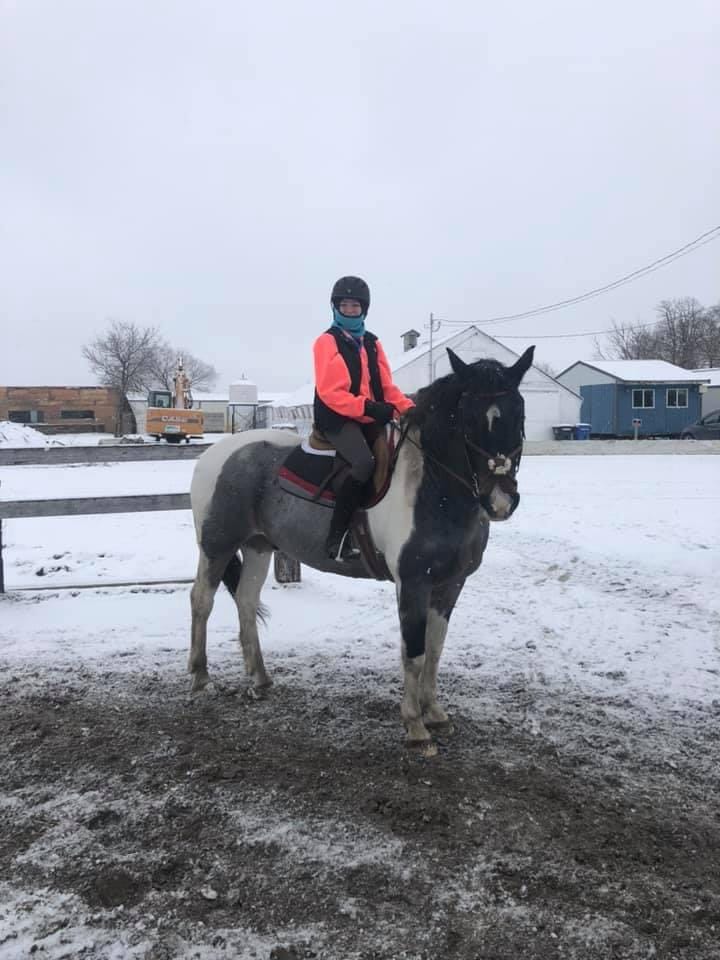
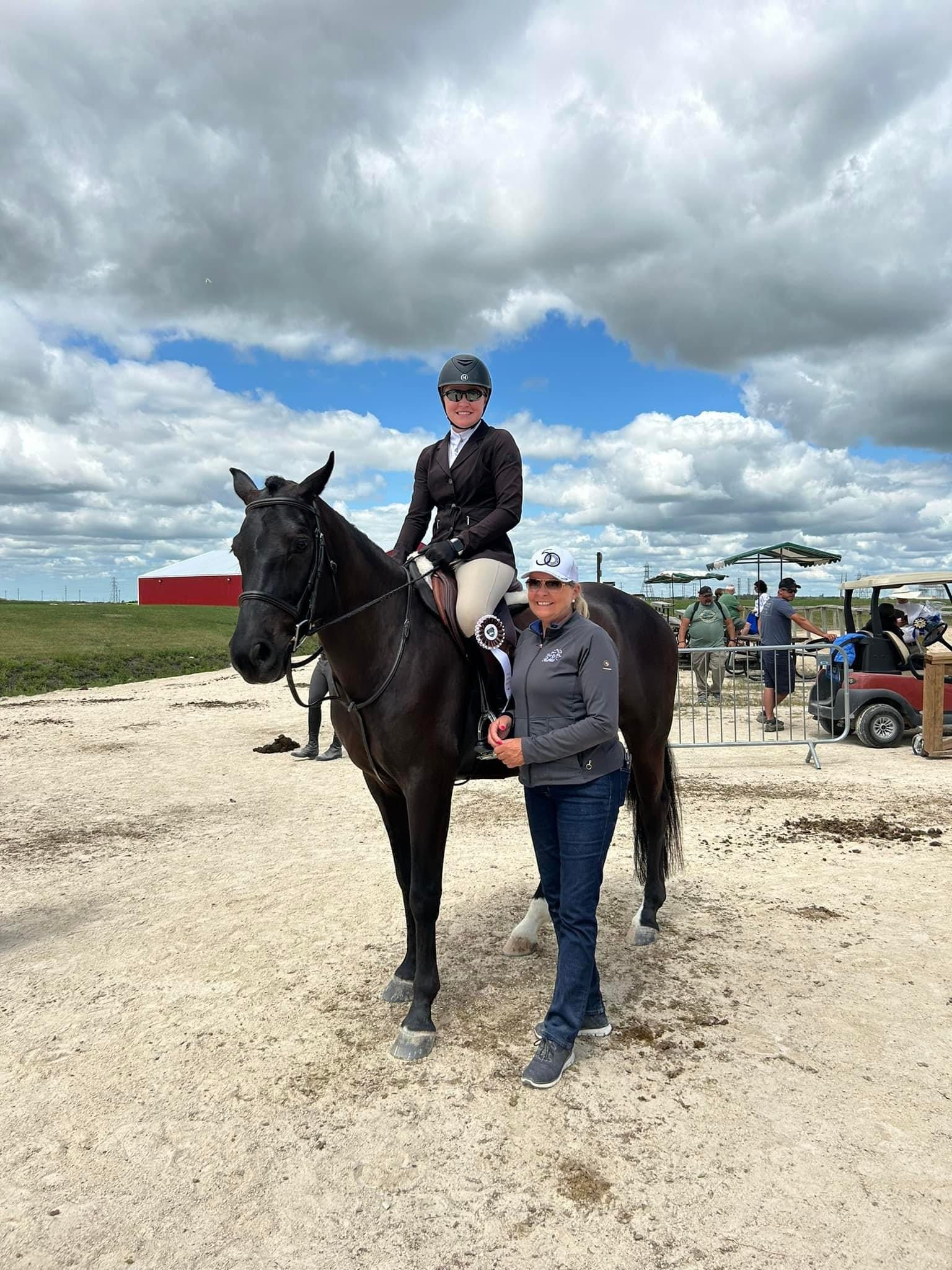
About two years ago, McKenna's parents bought her first horse, Sparky, whom she trained to become a successful hunter competitor. "His name is Sparky, Spark or Sparkles, and his show name is Kyoto. I have owned him since he was 4 years old, almost 5. He is now 7 years old," McKenna proudly shares. Owning a horse comes with great responsibility, and McKenna embraces this responsibility with love and devotion. "When you own a horse, you are responsible for all of their care and well-being," she acknowledges.
Beyond the thrill of competition, McKenna finds that her bond with Sparky has helped her navigate life's challenges and understand her own learning process. "I love my horse and have a strong connection that has helped me get through the hard times. My safe place is with my horse. He loves and trusts me like no other. When I have difficulties with friends or any challenges, I can go to the barn and just be with my best friend. He has saved me on so many occasions, and our relationship is based solely on trust. I feel that with hard work and time, I can accomplish all of my dreams.
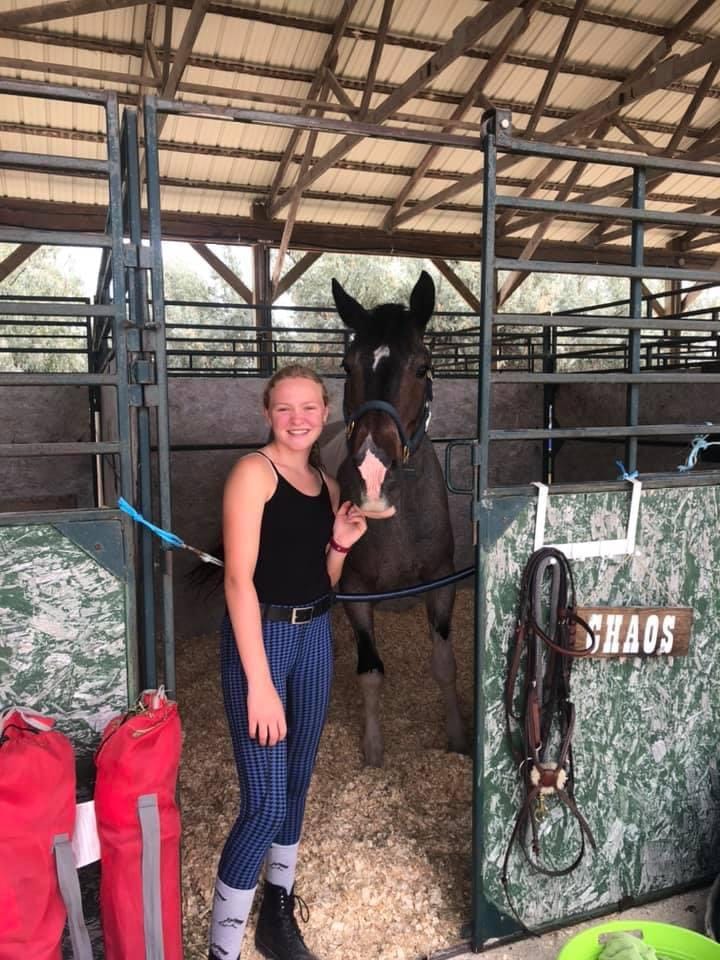
I also find that just the nature of horses and jumping has helped me understand how I learn. When you are jumping, you must plan and look ahead. I have learned many life lessons I know will help me, and the biggest is when you are faced with negative experiences, I make a list of 5 amazing things I've done so I don't fall into the negative self-talk like I used to," she shares.
Reflecting on her journey in the equestrian world, McKenna acknowledges the pivotal role her coaches and the horse community have played in supporting her and empowering her to excel. "I felt that I was never alone. My horse is my partner, and we had to work together. The whole community cheers you on and does not see your disability. In the school system, everything is determined by your reading level. That is the number one determining factor of if you are successful or not. My coaches helped me see myself in a different light," McKenna explains. McKenna recalls some valuable lessons she has learned from her coaches, such as the importance of embracing change and learning through mistakes. "I had one coach say, 'If you keep doing the same thing and don't change something, you can't expect a different outcome,'" she shares. "I learnt that I could make mistakes here, and it was not the end of the world. That you could learn through your mistakes."
When McKenna began to recognise that she was "smart" and "could learn with the right help." the revelation marked a significant turning point for her. "I found that I was a gifted writer, and once I had the right tools, I was so very creative. My ideas never stopped, and I found my superpower."
I learnt that I could make mistakes here, and it was not the end of the world.
McKenna transitioned to online classes in grade nine. Initially, she struggled with fear of failure, accompanied by pervasive negative self-talk. However, with her parent's unwavering support and the skills acquired from Valdine and the Math U See program, McKenna began to view herself as a capable learner. As she progressed, she successfully expanded her course load each year. Embracing the flexibility of online learning, McKenna found comfort in progressing at her own pace while her parents supplemented her education and ensured her comprehension of key concepts.
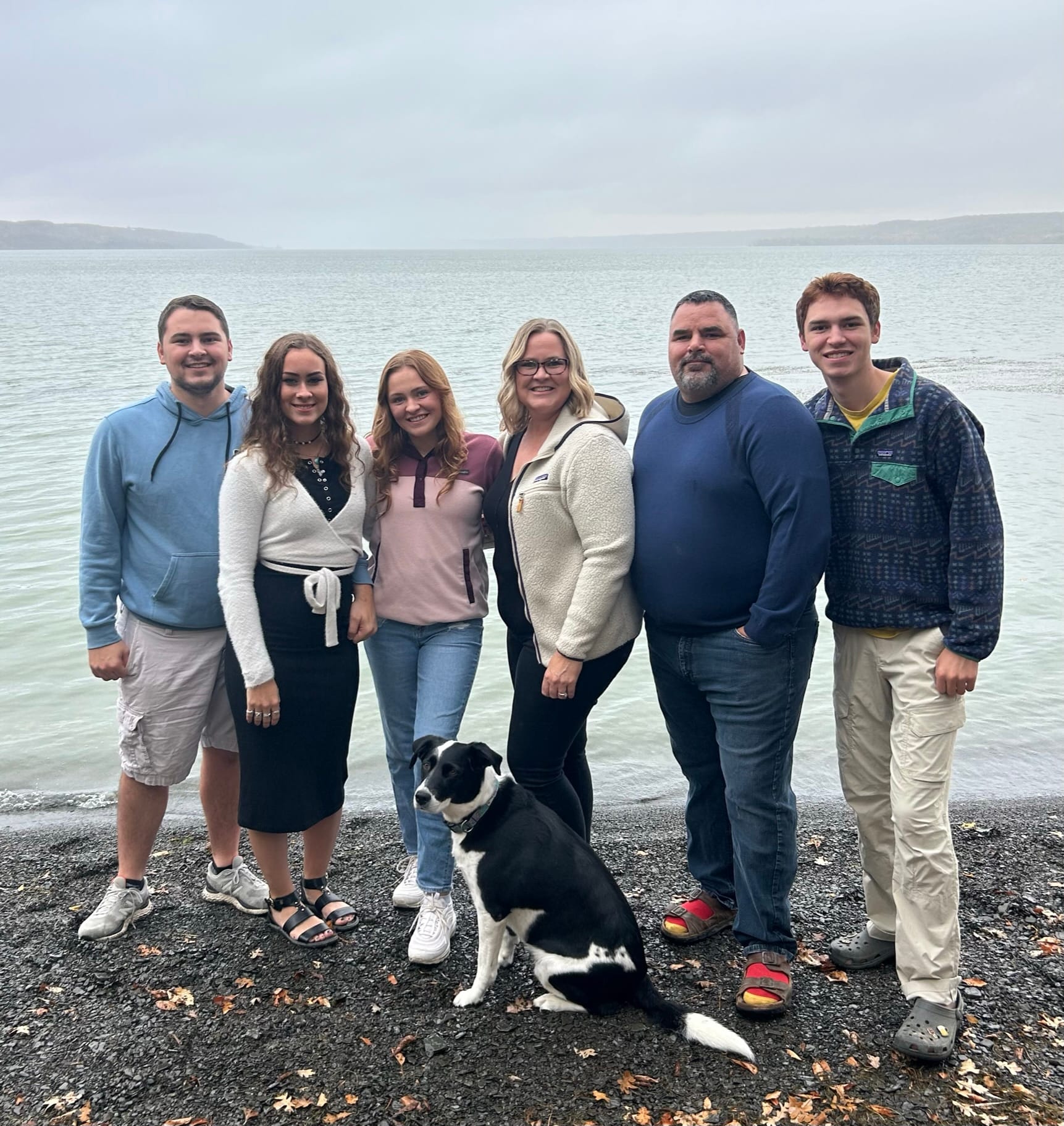
Despite her progress, McKenna acknowledges that she continues to grapple with negative self-talk, a challenge that often leads to feelings of overwhelm and self-doubt. Thankfully, her father has been a constant source of support, offering guidance on managing her emotions and recognising her strengths. "My Dad has been so supportive and has helped me through this," McKenna shares. "He has taught me how to manage my feelings, use a journal, and see my strengths." She fondly recalls his encouraging words: "Work hard no matter what. You are amazing and will do amazing things, my girl."
McKenna's learning difficulties have played a significant role in shaping her into the person she is today. She believes that her struggles have cultivated a deep sense of empathy and understanding for others' challenges. McKenna's own experiences have made her acutely aware of the difficulties individuals may face, prompting her to approach interactions with thoughtfulness and consideration.
My dad has taught me how to manage my feelings, use a journal, and see my strengths.
Recognising the need for better support and understanding for students with dyslexia and other learning challenges, McKenna has taken proactive steps to raise awareness and inspire action. "I have spoken at multiple high schools to teachers of 150 plus Educators. I focus on the need for change. I don't blame teachers for not having the right education to be able to help all learners. But I do say that there needs to be changes. They need to have the right education and training in best practices for literacy and numeracy development to support dyslexia. I have also started to explore the connection between Mental Health and dyslexia. I have had the privilege to speak along with a school Psychologist named Robert George and my Mom, Karla Gutierrez (Speech Language Pathologist). He has talked about Learning Disability Trauma. This really made sense to me and helped me understand my own journey and trauma. I have also been interviewed with Grassroots Literacy Manitoba and plan to volunteer at their organisation to hopefully be able to talk to other children who have been experiencing what I did. I will also be speaking at the Teachers Conference in the fall. I would like to speak to more educators in the hopes of sharing my story and inspiring them to get the training that they need to help all. I want to inspire young kids to have a voice and show them how important self-advocacy is. If we have the right interventions, dyslexia doesn't have to be seen as a burden, and with what I have accomplished, it can be a superpower," she shares.
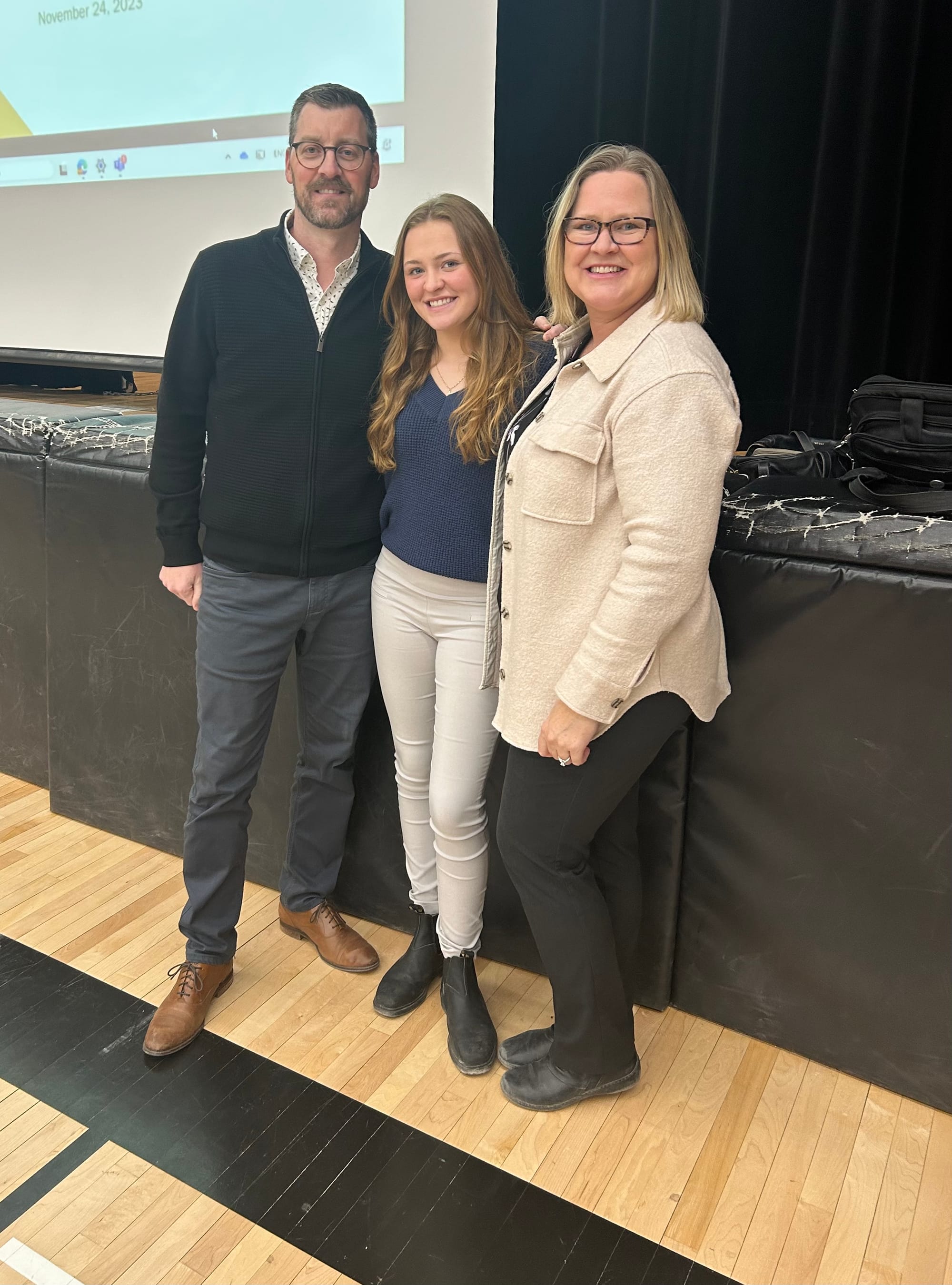
McKenna's future aspirations are driven by her passion for helping others and advocating for individuals with learning differences. As she prepares to enter university, she aspires to become a psychologist, aiming to provide specialised support to those facing challenges similar to her own. "I would like to be able to talk to students and others with dyslexia to help them see and understand their unique gifts and to understand that they are not alone and that they are really smart. I would like to continue my speaking engagements to reach more teachers and inspire them to get the education they need to help all," she shares.
McKenna Gutierrez
Junior hunter rider from Manitoba, Canada
McKenna Gutierrez
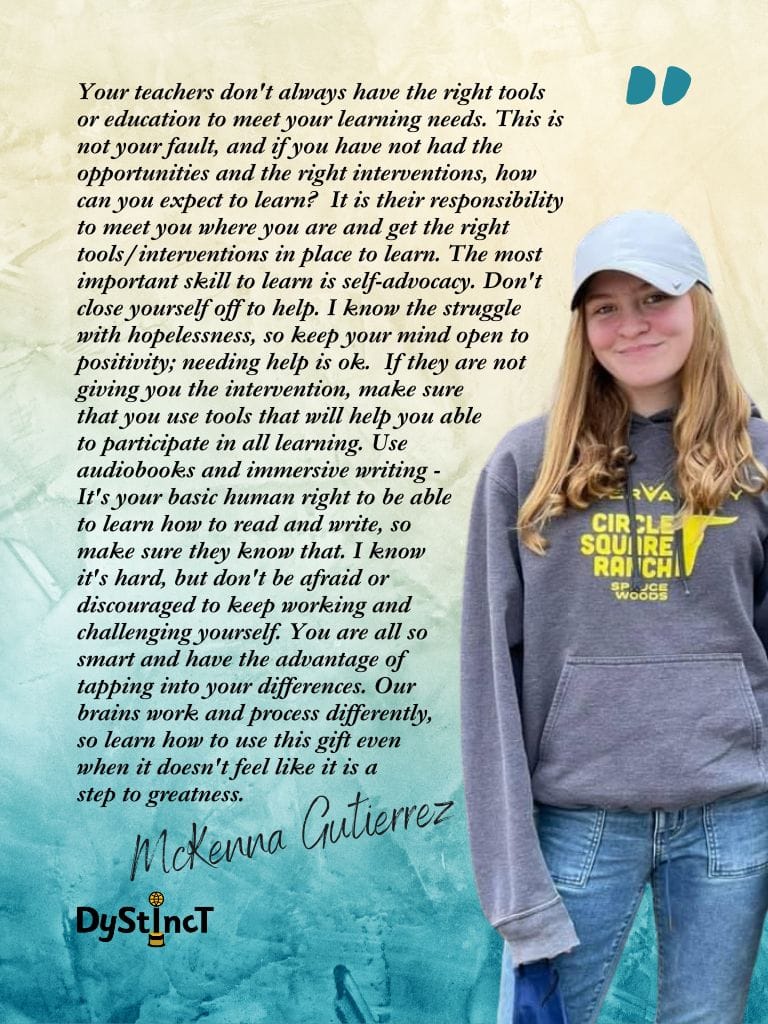
Extracts from Dystinct Magazine
Extracts from Dystinct Magazine

















